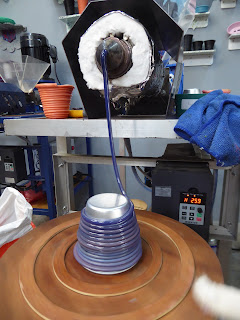I earn my bread and butter as a primary teacher at an international school here in Bangkok. Alongside helping youngsters learn the basics of reading, writing and arithmetic, I lead the school's approach to sustainability.
I was interested to find out that the UK government published
a policy paper on sustainability, climate change and education in 2022. Given that British international schools, including my own, make a show of keeping up to date with the latest policy developments in the UK, I wondered what the ideas proposed would look like in my setting.
Writing the piece also gave me the chance to read the paper closely and explore how schools can implement the ideas inside. I selected eight areas, explained them, then described how we're trying to meet them or what hurdles are getting in the way.
The points I identified in the strategy were:
1. Bringing nature onto school grounds.
2. Appointing sustainability leads in every school.
3. Providing carbon literacy training for staff.
4. Improving buildings to respond to climate change and reduce emissions.
5. The educational opportunities that flow from any improvements implemented.
6. Where in the curriculum should this learning be placed?
7. How to handle political debate about environmental issues in the classroom.
8. Celebrating the success of the young people involved.
Full details of all of these can be found in my article published by TES Magazine
here.
One thing to note, I wanted to make the point (which comes through in the strategy) that retrofitting school buildings to become more climate friendly and reduce emissions can actually provide learning opportunities for pupils. Educators can use climate friendly adaptations like installing solar panels or heat pumps to create real life lessons. Giving children the chance to see how climate solutions are actually put into practice. I wish this had come across more clearly in the published article.




